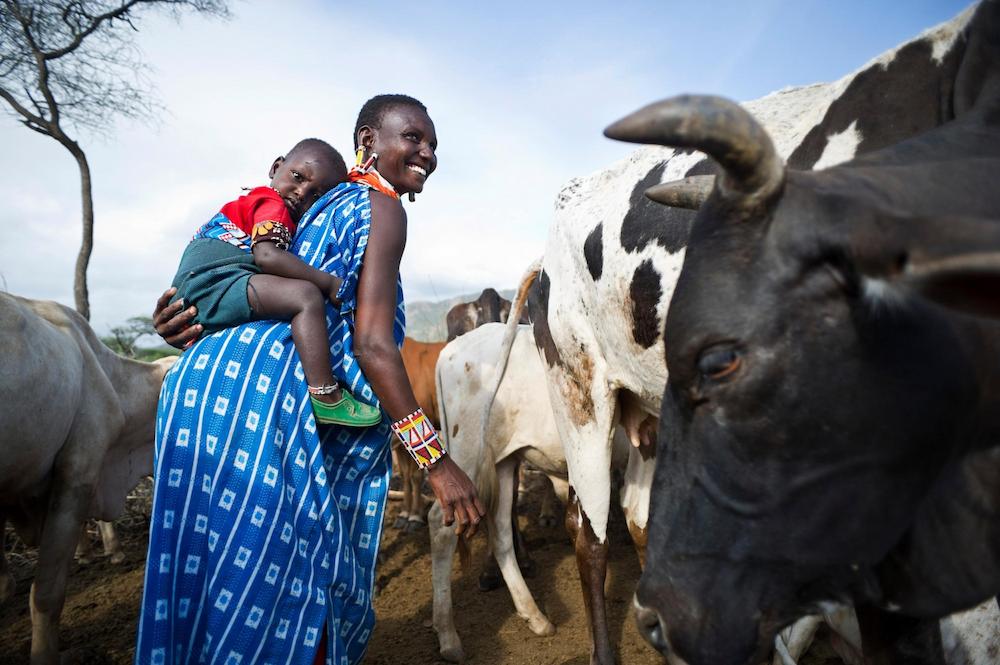In East Africa’s pastoralist communities, women have long been the resilient, guiding force behind sustainable livelihoods, community well-being, and conservation. Often overlooked, their contributions are central to the pastoralist way of life, embodying a blend of traditional knowledge, resourcefulness, and unwavering dedication to family and community. While pastoralism itself faces mounting challenges, from environmental degradation to land tenure issues, the pivotal role of women remains a critical—yet frequently under recognized—component in preserving this unique way of life.
Women as the Heart of Pastoral Livelihoods
Pastoralist women take on multifaceted roles, from livestock care and natural resource management to the day-to-day sustenance of their families. As Everlyne Nairesiae’s report, Analysis of the Regional and Sub-Regional Policies on Pastoralism and Conservation, highlights, women’s extensive knowledge of medicinal plants and herbs benefits both people and livestock. This traditional knowledge is crucial, especially in remote areas where modern healthcare access is limited. Women also provide early warnings about droughts and shifts in weather, helping communities adapt and prepare—a testament to their deep understanding of their land and environment.
Guardians of the Herd and the Land
When men and youth migrate in search of new pastures, women assume full responsibility for maintaining home-based herds, especially vulnerable and weak animals. In times of prolonged drought, this role intensifies, with women often traveling significant distances to find water and forage, exposing themselves to potential dangers, including physical violence and harassment. Yet, they persist, determined to sustain the herds that are the lifeline of their communities. Women’s resourcefulness and resilience under such difficult conditions underscore their crucial role in ensuring food security and economic stability within the household.
Climate Change and Rising Pressures
Extended dry spells and dwindling water resources place significant burdens on East African pastoralist women, impacting their physical well-being and amplifying economic stress. They bear the double load of caring for family and livestock, while also having to navigate the social challenges brought about by changing environmental conditions. As environmental degradation exacerbates droughts and land degradation, pastoralist women and girls find themselves increasingly vulnerable to social and economic risks.
The Power of Indigenous Wisdom
Across East Africa, the work of Home Planet Fund’s partners underscores the invaluable insights that Indigenous women bring to the pastoralist way of life. By preserving traditional knowledge and applying it practically, these women are not only upholding the pastoralist heritage but also offering a model of sustainable, community-centered living. Their skills in land stewardship and natural resource management reveal a sustainable approach that aligns closely with global environmental needs, providing a valuable blueprint for communities facing similar challenges worldwide.
A Future Supported by Women
Ensuring a thriving future for pastoralist communities requires recognizing and supporting the vital roles of women. Home Planet Fund and its partners advocate for policies that uplift pastoralist women, helping them overcome challenges and amplify their contributions. By valuing and preserving their Indigenous knowledge, we can gain new insights into sustainable living that benefit communities around the globe.
